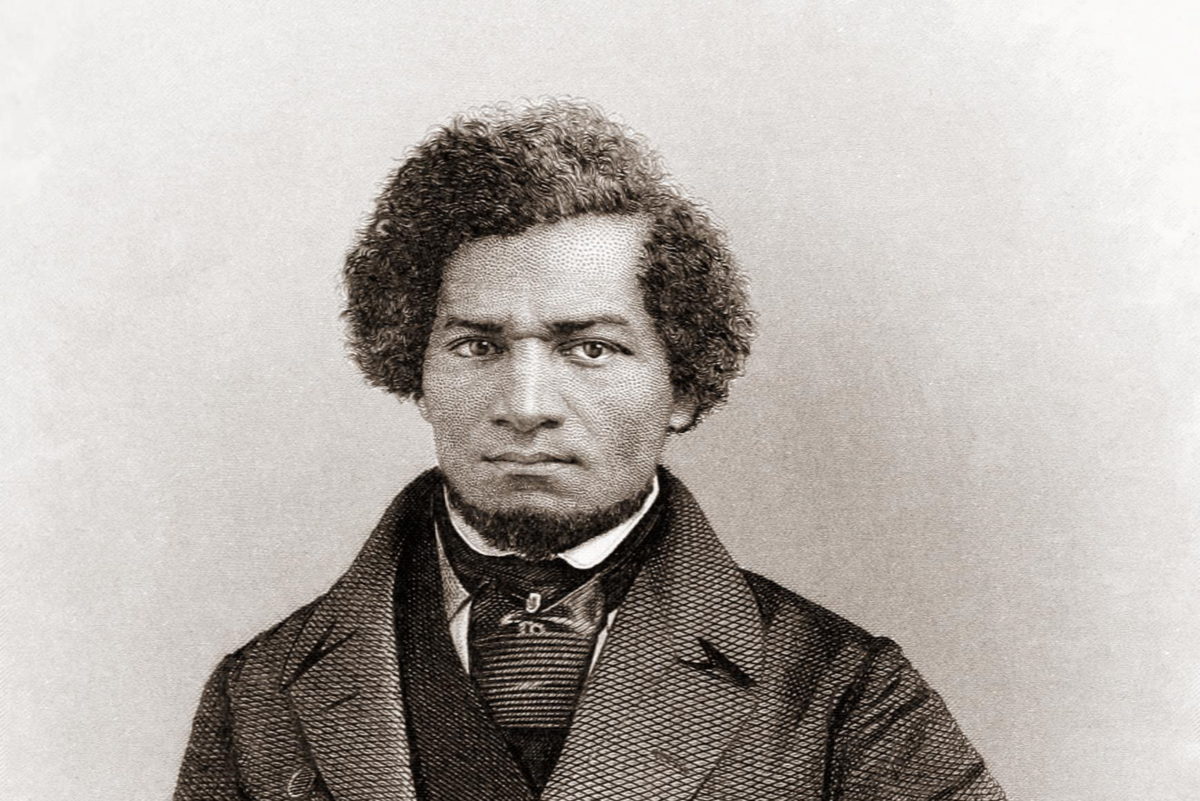
One month after its September release, Dr. Yaron Brook and Don Watkins’ book Free Market Revolution: How Ayn Rand’s ideas Can End Big Government is a national bestseller. Dr Yaron Brook is the president of the Ayn Rand Institute and Don Watkins a Fellow who specializes in economic issues. The Undercurrent’s Emily Hart was given the privilege to interview Don Watkins.
THE UNDERCURRENT: Let’s first talk about the title: Free Market Revolution. Isn’t America a capitalist nation already? What’s the need for a revolution—didn’t we have one circa 1776?
DON WATKINS: The American Revolution established the freest society in human history, and laid the foundation for American capitalism. But intellectually, the Revolution was incomplete. The Founders created a political system based on the pursuit of individual happiness—but no one could offer a full philosophical defense of that radical idea, leaving it vulnerable to attack for being selfish, amoral, even immoral.
The result? The Founders’ system has been disintegrating: we’ve been becoming less and less free over the last century. In the name of stamping out selfishness, government has grown: regulations, controls, taxes, wealth redistribution programs, all of them have increased significantly.
So what’s the solution? An intellectual revolution—what we call Ayn Rand’s Free Market Revolution. We need to radically change the way we think about free markets and the central activity that takes place in them: the self-interested pursuit of profit. We need to realize that, not only do we have a right to pursue happiness, but that pursuing your own happiness is right.
UNDERCURRENT: For college students who are entering the job market, beginning to pay social security and Medicare, and looking for health care plans, what context does Free Market Revolution provide for them on these issues?
WATKINS: Here’s the number to keep in mind: $100 trillion. That, more or less, is the shortfall between the commitments the government has made under Social Security, Medicaid, and Medicare that it has no way to pay for. Something has to change. It’s just a matter of when, how, and how much damage is done in the meantime.
What should the solution be? Most people say that our goal has to be to save these programs by making them viable.
In Free Market Revolution, we argue that’s the wrong goal. These are not noble programs that should be saved. They are destructive and immoral programs that should be phased out and ultimately abolished.
The basic reason why? Because they are wealth redistribution programs: they seize wealth you’ve earned and give it to people who didn’t earn it. That is unjust. If you earn money, you have a right to use it for your own purposes. The government’s job is to protect that right.
UNDERCURRENT: How is Free Market Revolution different from other political or economic books, including those about Ayn Rand’s philosophy of Objectivism?
WATKINS: The basic difference between our book and most political books is that ours is philosophic. We try to get underneath today’s superficial debates, and tackle the important issues that will determine the direction of this country. Instead of debating the details of how Medicare is structured, for instance, we ask: Should Medicare even exist? What would happen if we abolished it? Is it moral for the government to force us to pay for other people’s health care? What does it mean for something to be moral or immoral? And what should be the government’s role in all this?
Our book is different from other Objectivist works in that it takes Objectivist principles and uses them to clarify the specific issues we face today—the entitlement crisis, the health care crisis, the financial crisis, the regulatory onslaught, and much more. There have been excellent books on Ayn Rand’s political and economic ideas—Rand’s own book Capitalism: The Unknown Ideal chief among them. We wanted to take those ideas and really flesh them out in a contemporary context, using lots of stories, anecdotes, and concrete examples. The hope is that we’ll be able to influence, for instance, a Tea Party reader who has read and loves Atlas Shrugged, but needs help digesting the ideas and applying them to today’s world.
UNDERCURRENT: In Free Market Revolution you emphasize the role that moral viewpoints have on shaping discussions of business and capitalism in our culture. Could you explain what is meant by “the argument from greed” and “the argument from need”? How do those arguments shape the American political climate?
WATKINS: In Free Market Revolution, we argue that our nation’s political/economic policies are shaped by moral views—specifically, the widespread view that selfishness is dangerous and immoral. The way this shows up is through two arguments, named by our former colleague Alex Epstein (now CEO of Center for Industrial Progress), “The Argument from Greed” and “The Argument from Need.”
The Argument from Greed comes into play whenever we think about business. We think that businessmen are motivated by a dangerous and immoral self-interest (the profit motive), and so they will be led to harm and exploit us in order to pad the bottom line. So when things go wrong in the economy, do we tend to blame the “public servants” in government? No, we blame “greedy” businessmen. And if we do blame government, it’s only for giving businessmen too much freedom.
The Argument from Need says that a person’s need gives him a moral and political right to other people’s money. That is, if others have needs they cannot fulfill by their own effort, then you and anyone who can “afford it” has a duty to supply that need. This is the basis for the entitlement state—for programs such as food stamps, Medicaid, unemployment insurance—that redistribute wealth in the name of “need.”
As we argue in the book, unless you can answer those arguments, you cannot stop the growth of the state—and only Ayn Rand’s ideas can answer those arguments.
UNDERCURRENT: What then is the basis for saying that the profit motive and self-interest are moral?
WATKINS: The basis is that they are necessities of life. If you want to live and enjoy your life, you need to pursue your self-interest, which, in an economic context, means: your own profit.
The real question is: why does anyone see that as immoral? And the answer, basically, is that they have a really wrong view of what it means to pursue your self-interest. They suppose that it means doing whatever you feel like doing, even when it means taking advantage of others. Indeed, they imagine it means not caring about other people at all.
But that is not what Rand means by “self-interest.” The fact is, those things don’t actually constitute your interest. Doing whatever you feel like doing and taking advantage of others: that is not good for you and it won’t make you happy and successful. Rand advocates rational selfishness—a principled, long-term pursuit of your actual interests, a selfishness that requires no sacrifice of yourself to others nor others to yourself. There really isn’t an argument against being selfish in this sense.
UNDERCURRENT: How can young adults get involved with helping to promote Free Market Revolution and its ideas?
WATKINS: If you think that Free Market Revolution is a valuable book and that it contains valuable ideas, consider inviting Yaron or me to speak at your campus. But the real key to helping it succeed is to create “word of mouth” buzz. Let your friends (and your enemies) know that this book is indispensable reading. When talking with supporters of limited government, let them know that this book will give them powerful arguments for free markets that the Left is deathly afraid of. When engaging opponents of free markets, let them know that this book will challenge their ideas in a way they haven’t heard before. Either way, just get the word out.
___




